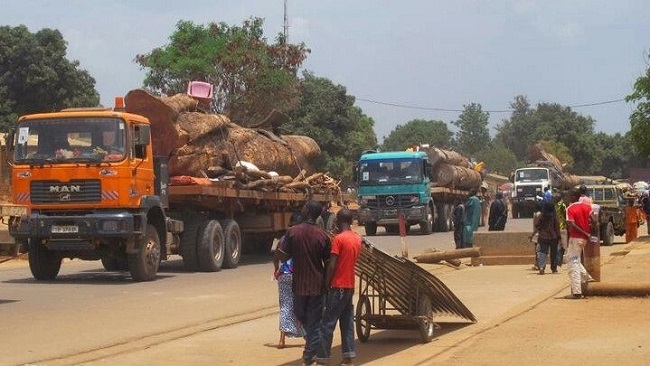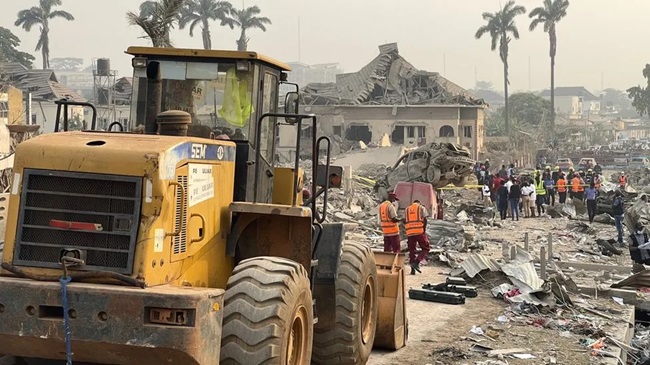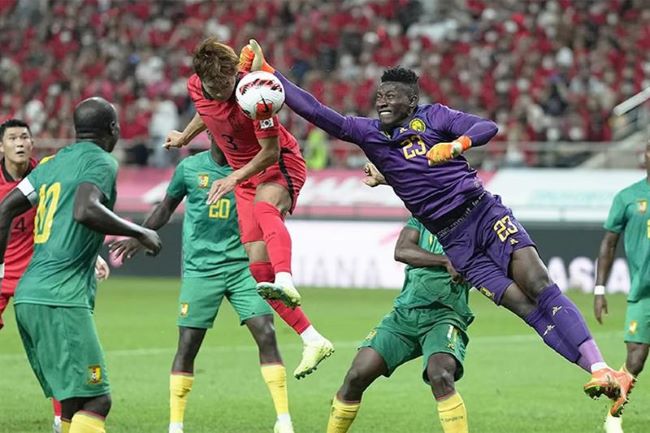17, January 2024
One Cameroonian peacekeeper killed, five wounded in Central African Republic 0
The members of the Security Council condemned in the strongest terms the attack perpetrated on 15 January against the United Nations Multidimensional Integrated Stabilization Mission in the Central African Republic (MINUSCA) in Mbindale through an explosive device, following which one peacekeeper from Cameroon was killed and five wounded.
The members of the Security Council expressed their deepest condolences and sympathy to the family of the peacekeeper killed, as well as to Cameroon. They also expressed their condolences to the United Nations. They wished a speedy and full recovery to the peacekeepers injured.
The members of the Security Council reiterated that attacks against peacekeepers may constitute war crimes and reminded all parties of their obligations under international humanitarian law. They called on the Government of the Central African Republic to swiftly investigate this attack with the support of MINUSCA, promote accountability for such acts by bringing perpetrators to justice, and keep the relevant troop-contributing country informed of the progress consistent with Security Council resolutions 2518 (2020) and 2589 (2021). They stressed that involvement in planning, directing, sponsoring or conducting attacks against MINUSCA peacekeepers constitutes a basis for sanctions designations pursuant to United Nations Security Council resolutions.
The members of the Security Council expressed particular concern about reports of illicit transnational trafficking networks which continue to fund and supply armed groups in the Central African Republic, noted in particular the increasing use of explosive ordnances, including improvised explosive devices and landmines, which account for a growing number of civilian casualties, as well as the destruction of civilian properties and continue to disrupt humanitarian access. They stressed the need to further investigate and combat this threat.
The members of the Security Council reiterated their full support for MINUSCA and expressed their deep appreciation to MINUSCA’s troop- and police-contributing countries.
The members of the Security Council further stressed the importance of MINUSCA having the necessary capacities to fulfil its mandate and promote the safety and security of the United Nations peacekeepers, pursuant to Security Council resolution 2709 (2023).
The members of the Security Council reiterated their strong support for the Special Representative of the Secretary-General for the Central African Republic, Valentine Rugwabiza, and for MINUSCA to assist the Central African Republic authorities and the people of the Central African Republic in their efforts to bring lasting peace and stability, as mandated by the Security Council in resolution 2709 (2023).
Source: Miragenews


























17, January 2024
British Royals hit by double health scare as King and Kate need hospital treatment 0
King Charles III is set to attend hospital next week for treatment for an enlarged prostate.
Buckingham Palace said the King’s condition is benign but he will undergo a “corrective procedure”.
The 75 year old’s public engagements will be postponed for a short period of recuperation, the Palace said.
The announcement comes shortly after it was revealed the Princess of Wales is in hospital after undergoing abdominal surgery.
It is unusual for medical updates about two senior royals to be released on the same day, but it is understood it was necessary because the King had to cancel engagements scheduled for Thursday.
He had been due to meet foreign dignitaries and cabinet members in Scotland on Thursday, but those meetings have been cancelled on medical grounds.
It is also thought the King was keen to share his diagnosis with the public to encourage other men who may be experiencing symptoms to get checked.
“In common with thousands of men each year, the King has sought treatment for an enlarged prostate,” the statement said.
Benign prostate enlargement – which is non-cancerous – is common in men over 50 and is not usually a serious condition, according to the NHS website.
Around one in three men over the age of 50 will have some symptoms of an enlarged prostate, which is a gland that sits just below the bladder.
While it is not usually a serious threat to health, it can cause symptoms and problems, including difficulty passing urine or emptying the bladder.
The condition does not mean the patient has an increased risk of developing prostate cancer. The NHS has published guidance on how it is treated.
Source: BBC